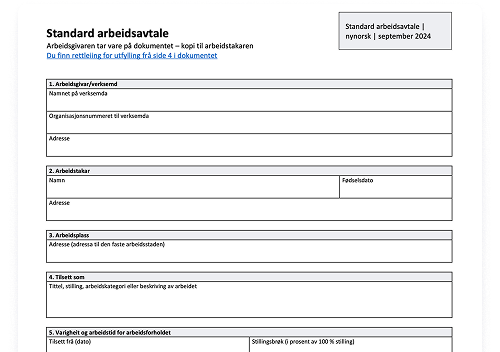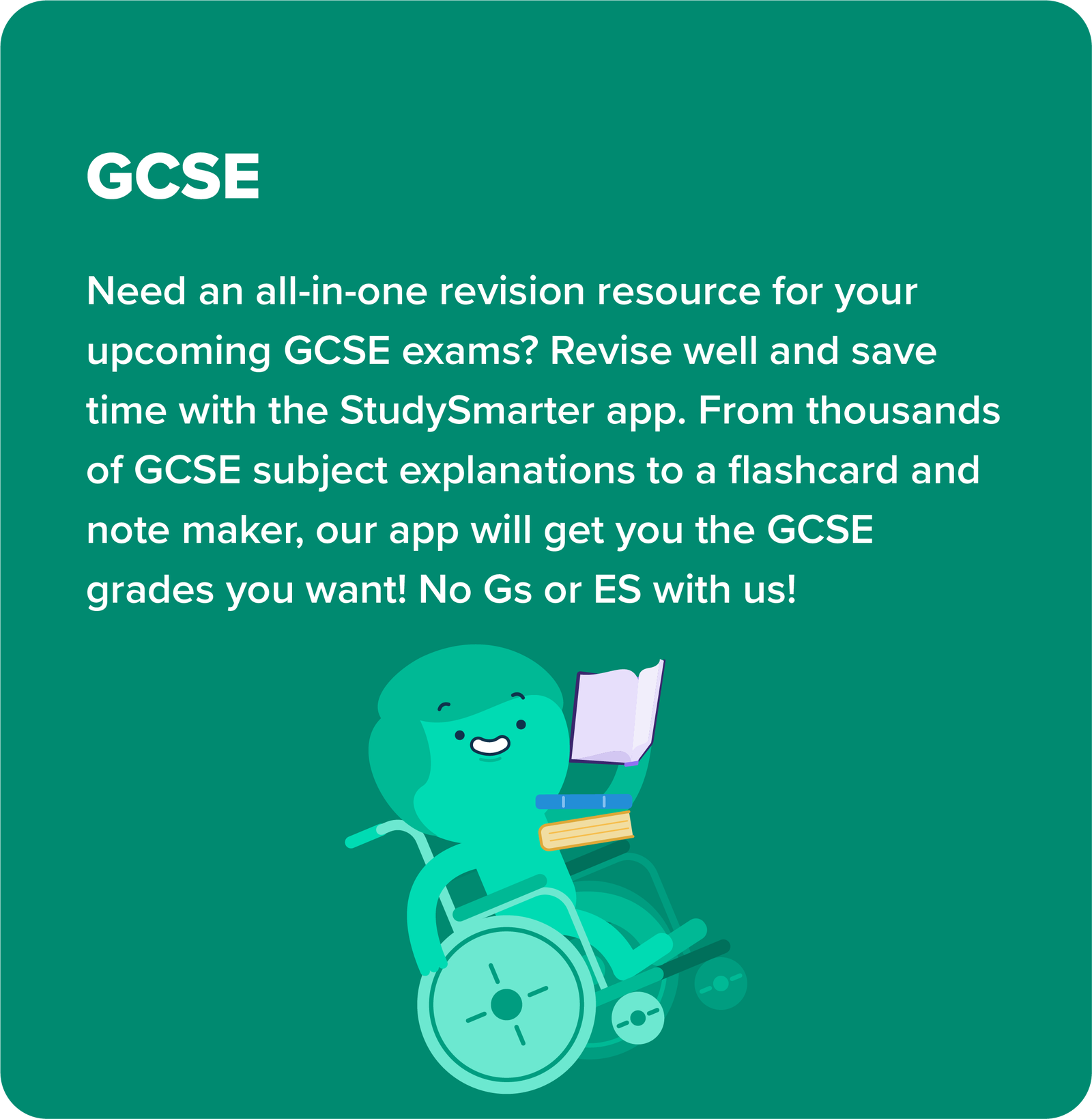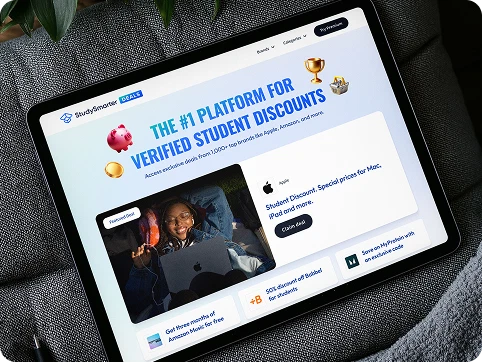Learning Materials
-
Explanations
Explanations- Anthropology
- Archaeology
- Architecture
- Art and Design
- Bengali
- Biology
- Business Studies
- Chemistry
- Chinese
- Combined Science
- Computer Science
- Economics
- Engineering
- English
- English Literature
- Environmental Science
- French
- Geography
- German
- Greek
- History
- Hospitality and Tourism
- Human Geography
- Japanese
- Italian
- Law
- Macroeconomics
- Marketing
- Math
- Media Studies
- Medicine
- Microeconomics
- Music
- Nursing
- Nutrition and Food Science
- Physics
- Politics
- Polish
- Psychology
- Religious Studies
- Sociology
- Spanish
- Sports Sciences
- Translation
Features
Discover






